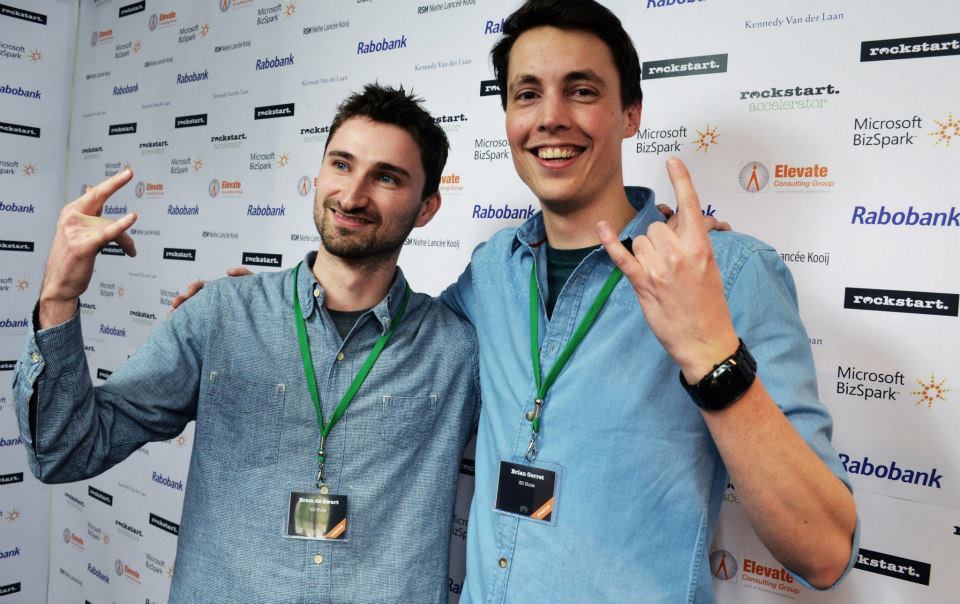Owners of 3D printers in Europe are being targeted by a new start-up which is aiming to open up the technology to a wider audience.
Amsterdam-based 3D Hubs has launched its platform, and will be connecting what it describes as makers (those who want to make 3D prints) with printer owners.
The business has a network of 3D printers with some 500 printing locations and will be using the seed capital from Balderton Capital to scale the platform as well as expanding its team and create partnerships.
According to 3D Hubs, only once a city has ten 3D printers listed on the platform can it be considered to be ‘unlocked’ – such as London (one of its biggest), Amsterdam, Berlin, Antwerp and Copenhagen. Once that happens, the start-up can then go in and help those wishing to make prints connect with 3D printer owners in their neighbourhood.
Those with 3D printers are often failing to cover the cost of having one, whilst many businesses would like to use the technology but either cannot afford one or do not have access, 3D Hubs says.
Mark Evans, partner at London-based Balderton Capital, comments, ‘Balderton loves to back entrepreneurs who are making disruptive ideas a reality.
‘3D Hubs’ ambitions have been global from the outset, and their platform has the potential to revolutionise traditional approaches to manufacturing and retail, making 3D printing a viable option for everyone for the first time.’
More on Balderton Capital deals:
- Wonga investor backs archify with seed with seed funding
- Livebookings gets its teeth into new £15 milliion VC round
- Atlas and Balderton back Psykosoft
3D Hubs cites a study by the McKinsey Global Institute, which found that 3D printing could generate an economic impact of $230 billion (£148 billion) to $550 billion per year by 2025, as validation for its offering. It is predicted that the majority of 3D printer owners use the device for less than 10 hours per week, with the 3D Hubs platform set to fill the remaining dormant hours.
Bram de Zwart, CEO and co-founder of 3D Hubs, adds, ‘3D printers are becoming more commonplace as pricing drops and quality improves, empowering a new generation of makers and entrepreneurs.
‘Much like music did with the rise of the internet, manufacturing has begun to take an industry-changing peer-to-peer platform.’






